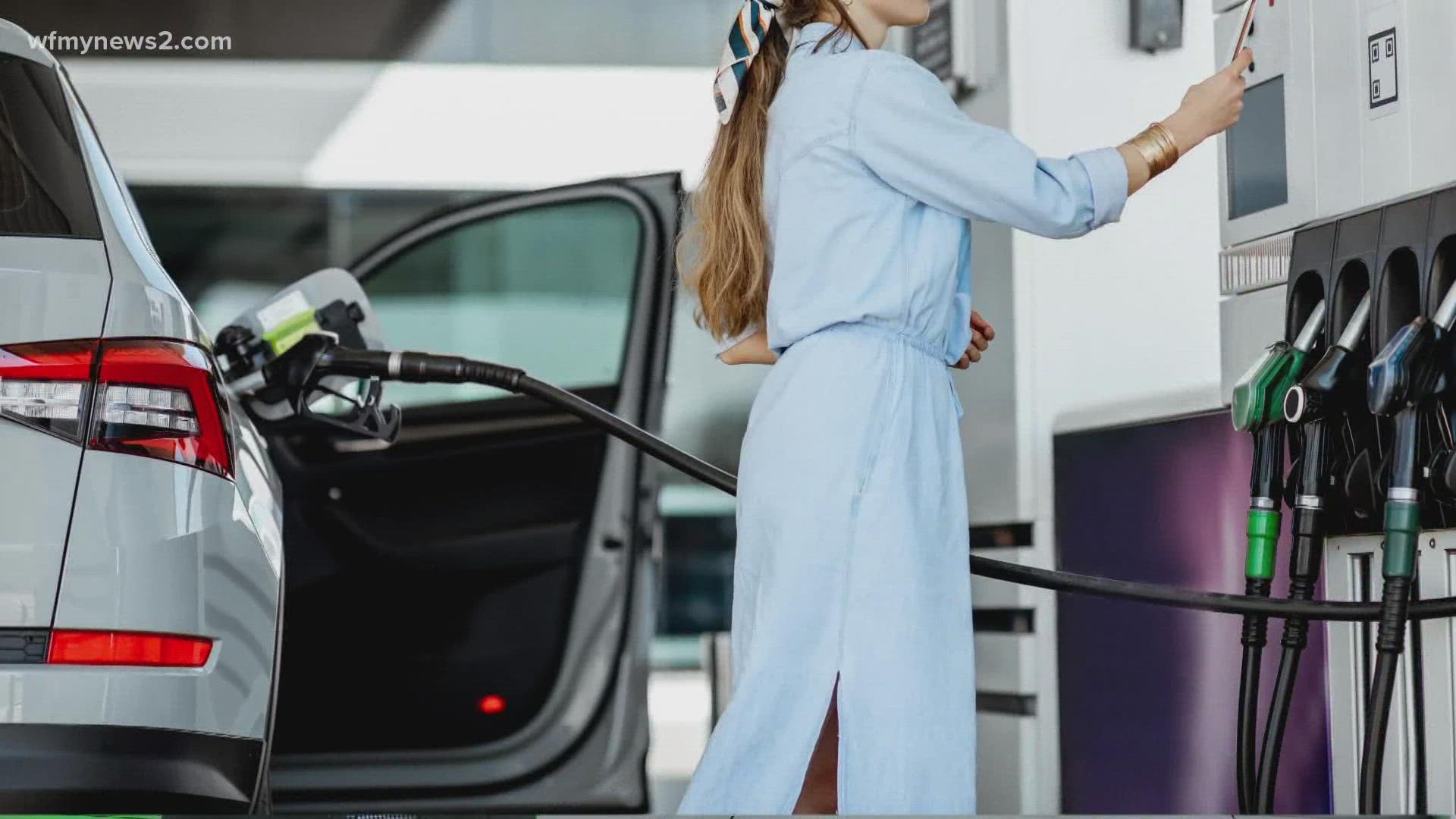GREENSBORO, N.C. — Sheesh. Gas prices are crazy. What if you've been paying for premium gas?
Should you try and skimp and go down to regular or plus? You could save 30 to 70-cents a gallon!
"Some manuals recommend premium and some may use the word require and obviously there's a big difference,” said Patrick Dehaan of Gasbuddy.
For cars where premium gas is recommended, basically, they can handle regular just fine with no damage to the engine, but you're probably losing out on a little fuel economy and performance.
However, some luxury, high-performance, and turbocharged cars require 91 or higher octane.
“The computers that run those engines are designed for that octane. If you put in a lower octane than is required there could be catastrophic results,” said Dehaan.
Cars.com says lower octane in an engine designed for higher could damage pistons, valves, and spark plugs and at worst, manufacturers say it could even wind up voiding your warranty.
So, how do you know what's the cheapest gas you can get away with? I'll say it again, it's your owner’s manual.
Gas grades have different octane ratings. It’s all about the pressure at which the fuel combusts. The good news is, most cars on the road are designed for regular 87-octane gas. What about the new Flex Fuel you’re seeing everywhere?
Flex Fuel has 51% to 83% ethanol in it. It is made for Flex Fuel vehicles only. The pump sticker warns it may harm other engines. Check your owner's manual.
When it comes to 88 octane or what is often called E-15 the pump sticker tells you: Use only in 2001 and newer passenger vehicles and Flex Fuel vehicles. Don’t use it in other vehicles, boats, or gas-powered equipment, it can cause damage.
In case you’re still wondering if you can try and save money by trying these two cheaper fuels, you need to look in your manual. I mean, who knows your car better than the company that made it?
For example, here's what mine says about by 2021 Honda Civic.
Unleaded gasoline. Pump octane number 87 or higher.
The use of lower octane gasoline can cause persistent heavy metallic knocking noise that can lead to engine damage.
Not what you want. Experts in a Honda blog say a one-time fuel-up mistake probably won't lead to long-term damage, but why chance it?

